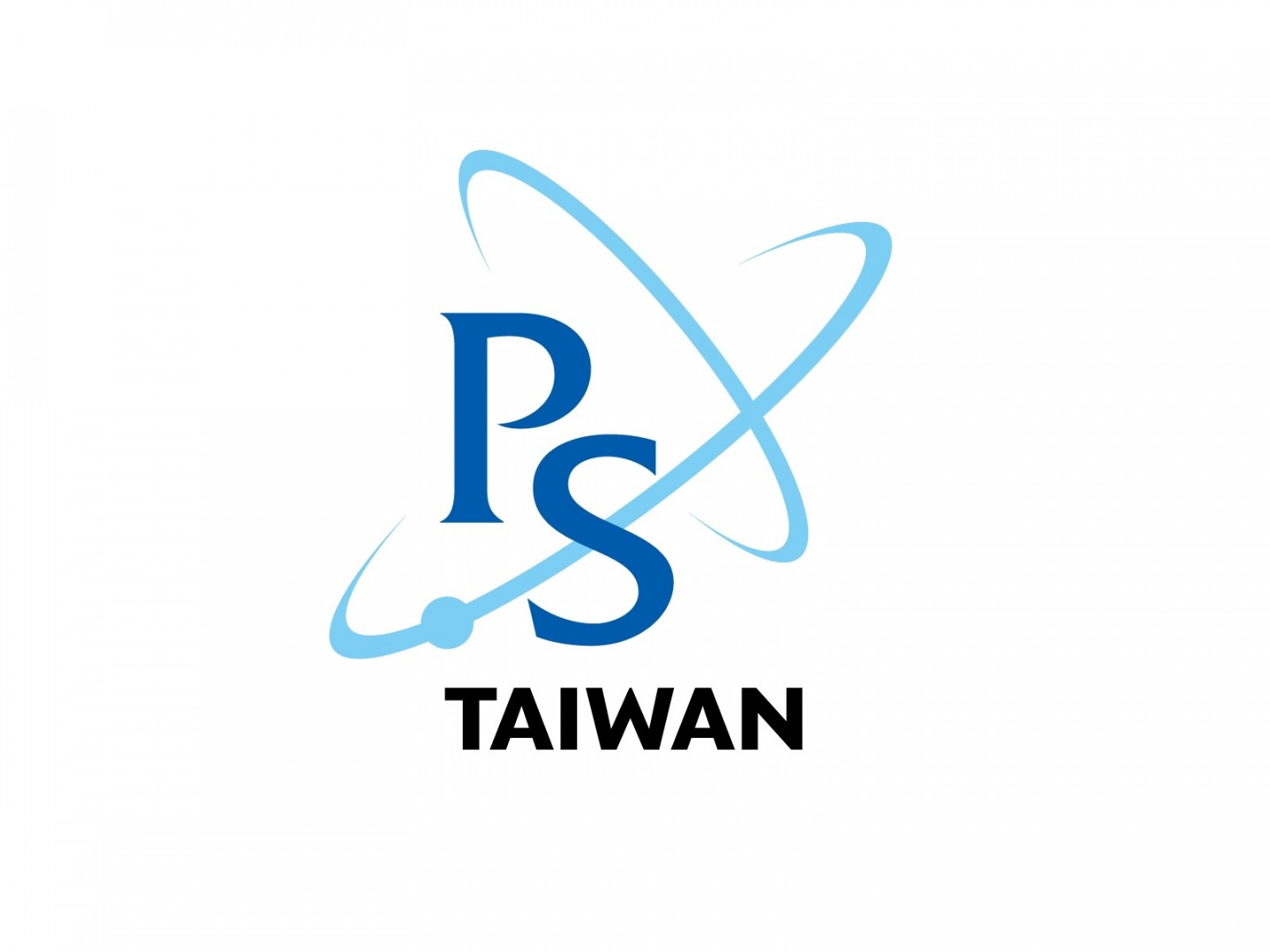
「2024大學生暑期跨校專題研究計畫」報名延至5/10
「2024大學生暑期跨校專題研究計畫」提供大專生在暑假期間能夠參與前沿科學研究的機會,經由為期六週(113年7月15日至8月23日)的專題研究實習,探索個人對於科學研究的方向,強化自身在科學研究上之知識與能力。2024大學生暑期跨校專題研究計畫簡章一、時 間:113年7月15日至同年8月23日 (共六週)。二、主 旨:2024大學生暑期跨校專題研究計畫,提供大專生在暑假期間能夠參與前沿的科學研究的機會,並經由為期六週的專題研究實習探索個人對於科學研究的方向,強化自身在科學研究上之知識與能力。三、參加對象:具基礎研究能力之在學大學生,在臺需有正式學籍及居留證。四、獎助學金:新臺幣2萬元 (7-11月需符合學籍規定並繳交研究報告,並必須於9/3之成果會議上發表成果,研究期間食宿自理)。五、報名方式:請於113年5月10日(三)前完成,逾期恕不受理。1. 上網填妥報名表,報名網址:https://forms.gle/hJzW6nf6fnNwRRR672. 另備 (1)推薦函 (2)個人履歷 (所有履歷請合成一個PDF,內容包括:個人簡介、申請動機、相關的學習經歷及研究,及其他有利審查資料)以電子郵件寄至ttss@astro.ncu.edu.tw,主旨請敘明「(姓名) 報名2024大學生暑期跨校專題研究計畫」,逾期不受理。六、錄取通知:將由各實驗室老師依志願序及報名文件評定優先錄取順序名單,申請結果將於113年6月4日(二)公布於本計畫網站,亦將個別以電子郵件通知。七、研究室名單及介紹:有關各實驗對學生能力要求、專題名稱及內容簡介,請見附件「2024大學生暑期跨校專題研究計畫 實驗室名單.PDF」。八、注意事項:如因疫情等不可抗力因素,主辦單位將視情況調整活動內容,請以最後公告內容為準。九、聯絡電話:(03)4227151分機65955王小姐、聯絡信箱:ttss@astro.ncu.edu.tw◎ 實驗室名單縣市學校科系實驗室指導教授實習人數新北市淡江大學物理學系先進能源材料電子結構實驗室董崇禮2新北市淡江大學物理學系能源材料實驗室莊程豪2桃園市中央大學生醫科學與工程學系生醫微系統整合實驗室陳健章1桃園市中央大學物理系光子作用與光譜分析實驗室陳俞融1桃園市中央大學物理系光梳雷射光譜實驗室鄭王曜2桃園市中央大學物理系強場物理與超快技術實驗室白植豪1桃園市中央大學物理系量子光學實驗室廖文德1桃園市中央大學物理系理論量子與統計物理研究室陳炯豪1-2桃園市中央大學光電科學與工程學系電漿子光學實驗室王智明2桃園市中央大學光電科學與工程學系液晶光電實驗室鄭恪亭1-2新竹市陽明交通大學電子物理系超快動力學實驗室羅志偉2新竹市清華大學物理系軟物質實驗室洪在明2新竹市清華大學物理系量子凝態材料實驗室徐斌睿1台中巿東海大學應用物理系奈米光電實驗室李其紘、簡世森2臺南市成功大學物理系成大高能與高能核物理實驗室楊毅1高雄市中山大學物理系奈米結構物理實驗室郭建成2高雄市高雄大學應用物理系電子與原子結構實驗室邱昭文1臺東市台東大學應用科學系尖端能源材料實驗室陳孟炬1備註:有關各實驗對學生能力要求、專題名稱及內容簡介,請見附件「2024大學生暑期跨校專題研究計畫 實驗室名單.PDF」
活動資訊 / 2024-03-21
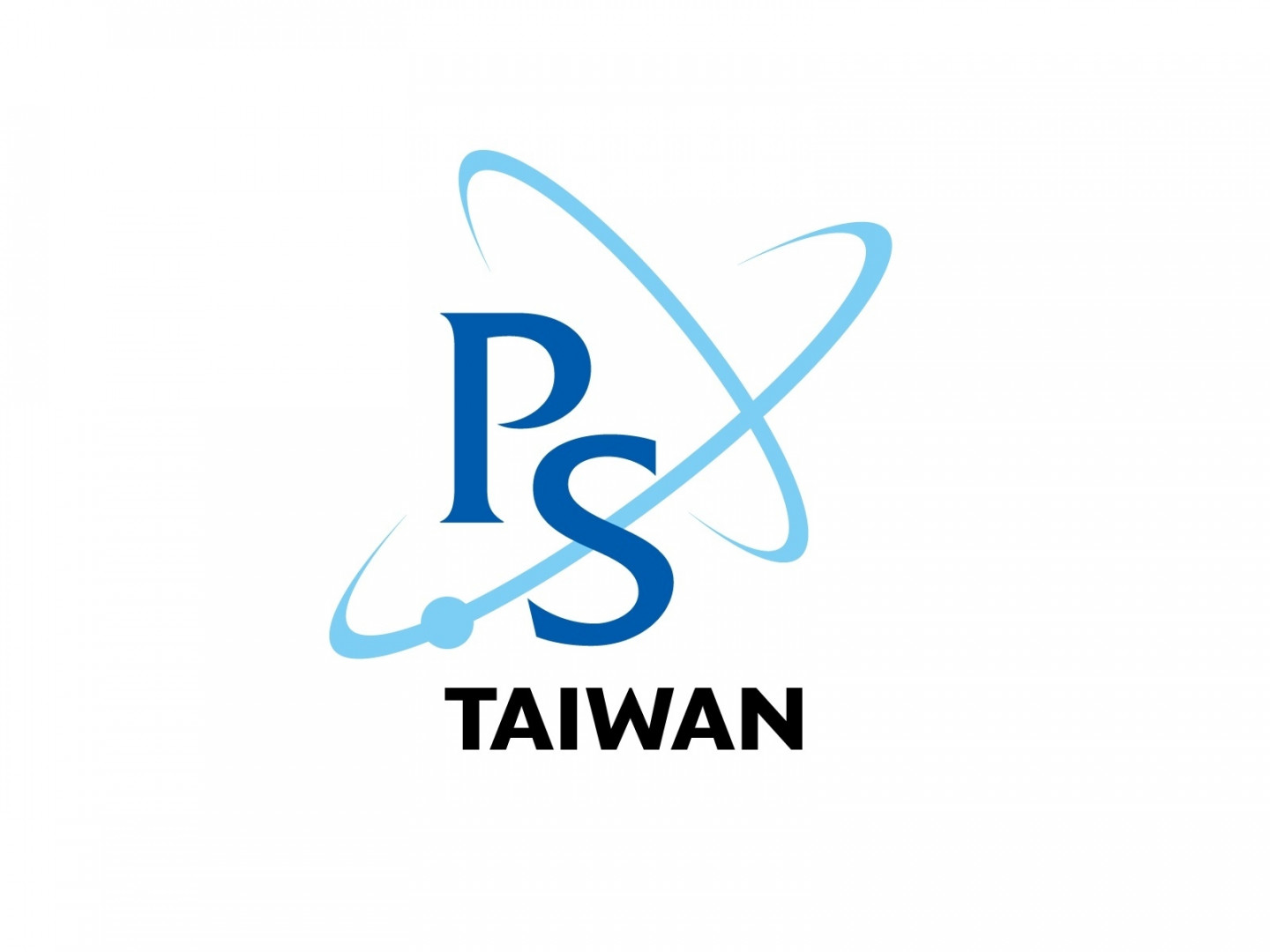
國立彰化師範大學物理學系徵聘人才訊息
國立彰化師範大學 物理學系誠聘專任(案)教師公告一、職位:助理教授(含)以上之專任師資。二、預定聘期:最快2024年8月1日。三、應徵資格:1、研究領域:「 物理教育」 或「 物理相關領域 」 。
2、應徵者需具備國內外相關領域博士學位。四、應徵條件(具有下列條件之一者):1、 最近 3年至少 3篇 (應徵物理教育領域者至少 2篇 )論文於相關專業領域發表,且均為第一作者或通訊作者。
2、最近3年至少主持2個公部門研究計畫。五、檢附資料 (若有疏漏以本校人事室規定為準1、 應徵教師簡歷表 (附件 之 「 新聘教師簡歷表 」 )。
2、 詳細履歷 。 (請述明學術專長、學術活動、榮譽事項、可任教科目及未來研究計畫 )。
3、 近 3年學術著作目錄。
4、 近 3年具代表性學術著作影本三篇 (應徵 物理教育領域 2篇 )。
5、 三位推薦人名單與詳細聯絡方式 。
6、 其他教學或研究之相關證明文件。六、截止日期:隨到隨審,聘滿為止。七、聯絡方式:❑ 請將「 檢附資料 」 紙本寄至 「 彰化市進德路一號,國立彰化師範大學物理學系,柯宜謀主任」
❑ 並且將上述 「 檢附資料 」 合併為一份PDF電子檔案(頁數不超過20頁為宜),以Email方式至:國立彰化師範大學物理學系柯宜謀主任 ymkao@cc.ncue.edu.tw (或 yeemoukaoncu@gmail.com)
❑ 主旨請註明「應徵 113學年度 教師 應聘 資料」彰師大物理學系電話:(04)7232105轉3305國立彰化師範大學物理學系網址:http://phys.ncue.edu.tw
2、應徵者需具備國內外相關領域博士學位。四、應徵條件(具有下列條件之一者):1、 最近 3年至少 3篇 (應徵物理教育領域者至少 2篇 )論文於相關專業領域發表,且均為第一作者或通訊作者。
2、最近3年至少主持2個公部門研究計畫。五、檢附資料 (若有疏漏以本校人事室規定為準1、 應徵教師簡歷表 (附件 之 「 新聘教師簡歷表 」 )。
2、 詳細履歷 。 (請述明學術專長、學術活動、榮譽事項、可任教科目及未來研究計畫 )。
3、 近 3年學術著作目錄。
4、 近 3年具代表性學術著作影本三篇 (應徵 物理教育領域 2篇 )。
5、 三位推薦人名單與詳細聯絡方式 。
6、 其他教學或研究之相關證明文件。六、截止日期:隨到隨審,聘滿為止。七、聯絡方式:❑ 請將「 檢附資料 」 紙本寄至 「 彰化市進德路一號,國立彰化師範大學物理學系,柯宜謀主任」
❑ 並且將上述 「 檢附資料 」 合併為一份PDF電子檔案(頁數不超過20頁為宜),以Email方式至:國立彰化師範大學物理學系柯宜謀主任 ymkao@cc.ncue.edu.tw (或 yeemoukaoncu@gmail.com)
❑ 主旨請註明「應徵 113學年度 教師 應聘 資料」彰師大物理學系電話:(04)7232105轉3305國立彰化師範大學物理學系網址:http://phys.ncue.edu.tw
徵才訊息 / 2024-03-21
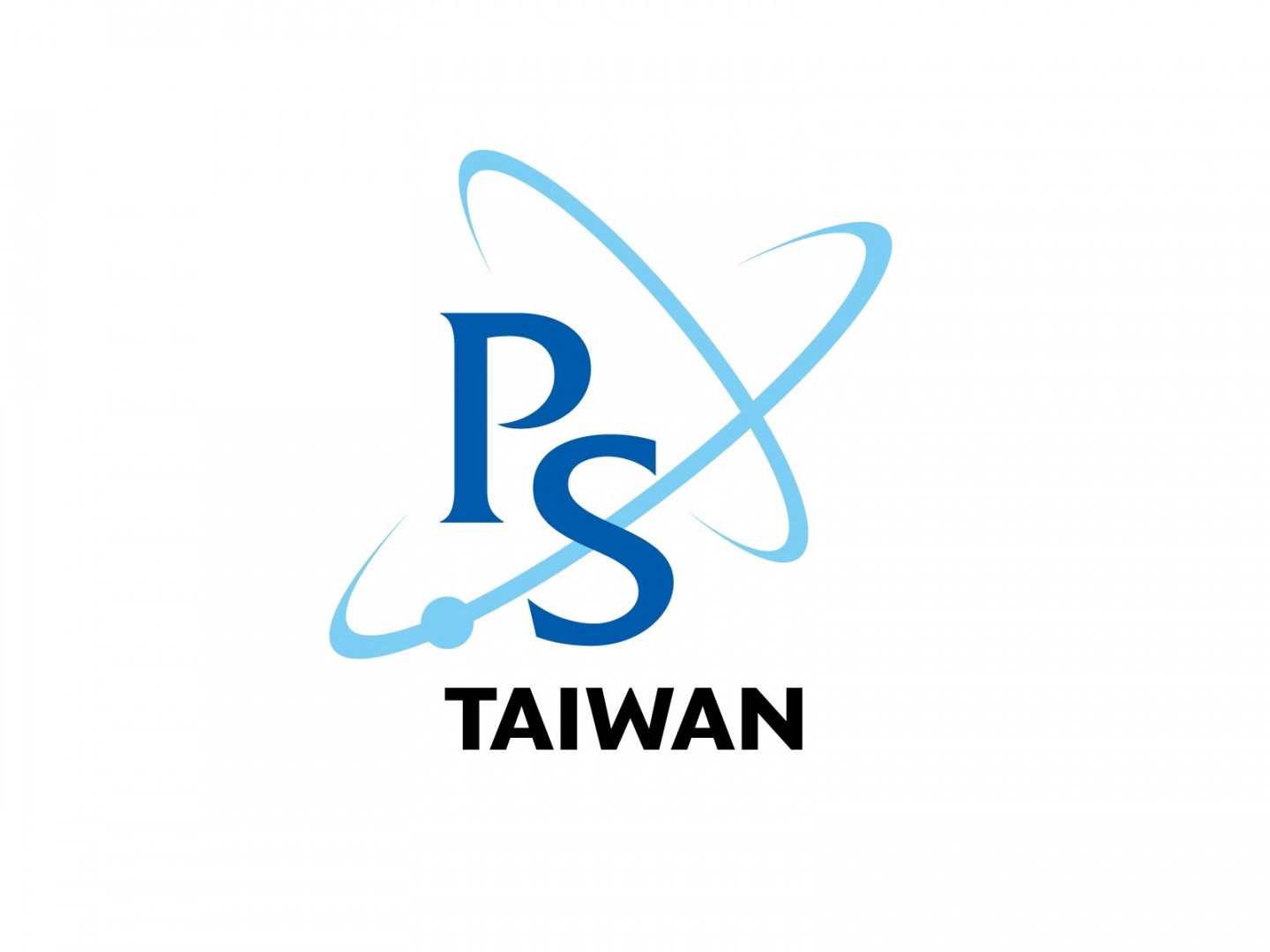
【中央研究院應用科學研究中心暑期生計畫】
中央研究院應用科學研究中心將於今年7/1-8/31辦理暑期大專生研究計畫,希望能增進大專生對應用科學相關研究及跨領域研究的認識與興趣。報名期間: 2024年4月1日-2024年4月30日活動報名網址: https://summer.rcas.sinica.edu.tw/歡迎有興趣的學生報名參加。
活動資訊 / 2024-03-20
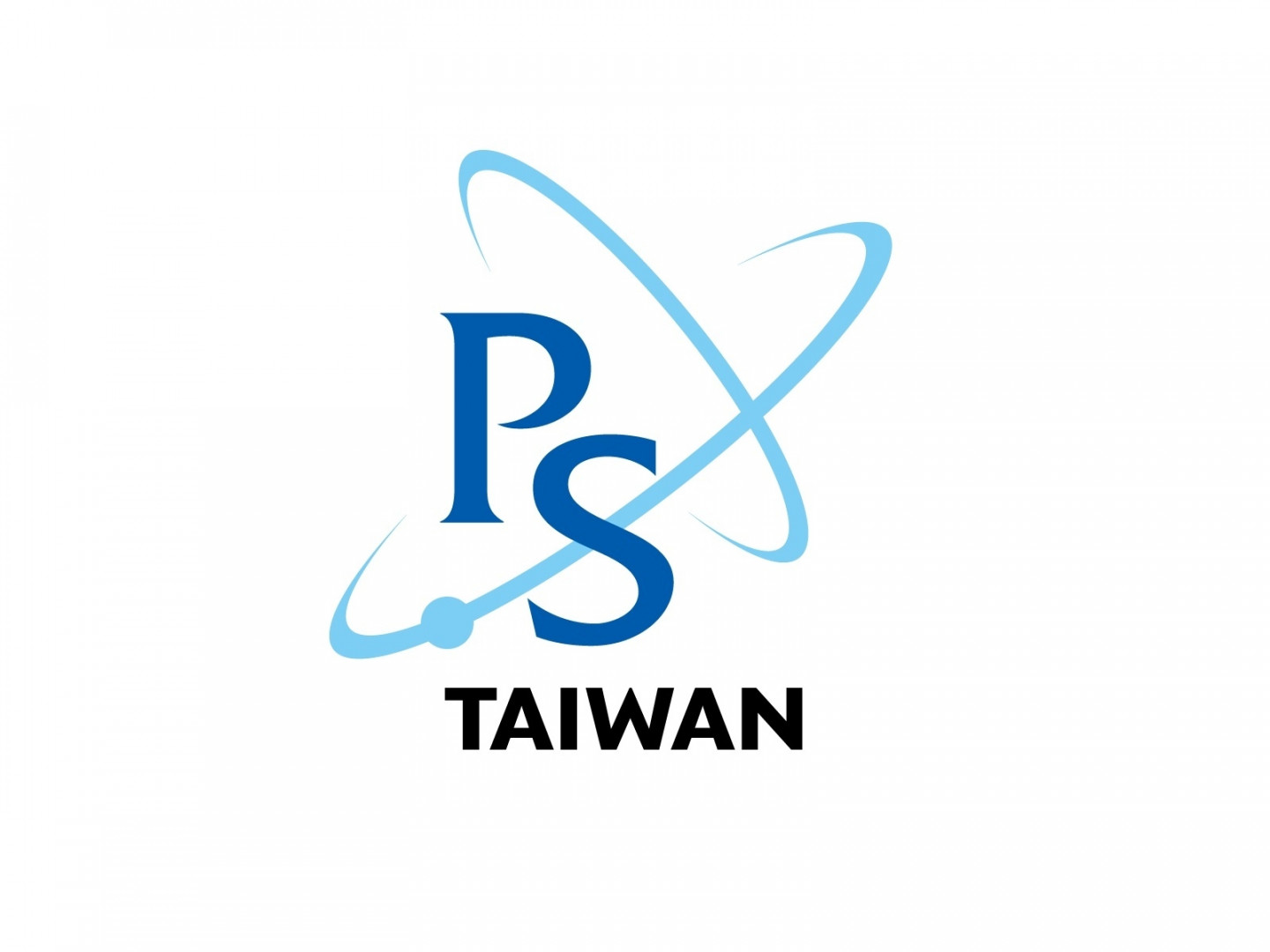
中研院物理所學生參觀日_量子材料物理組(2024/4/27)
中央研究院物理研究所為讓國內各大學學生對本所研究領域更為了解,進而激勵學生對科學研究的興趣,每年安排不同研究主題,固定辦理國內大學學生來訪參觀活動。本所今年度第一次國內大學學生參觀日即將於4月舉行,詳如下:- 參觀日期: 2024年4月27日(六) 9:50 ~17:00- 地點: 中央研究院 物理研究所 (台北市南港區研究院路2段128號)- 參觀主題: 中研院物理所 量子材料物理組 (https://www.phys.sinica.edu.tw/group.php?id=11&fid=3 ) - 報名期限:有興趣者請於2024年4月1日前線上報名(https://forms.gle/2F35vVR9Yfyeec5p7 ) 。經本所審核通過後,預計於4月15日前個別Email錄取通知。- 參觀行程:將包含該研究組研究主題介紹、研究經驗分享及實驗室參觀。名額有限,對上述研究領域有興趣之學生,歡迎盡速報名!!若有相關問題,可聯繫洪敏玲小姐 , 電話: 02-27896750
活動資訊 / 2024-03-20
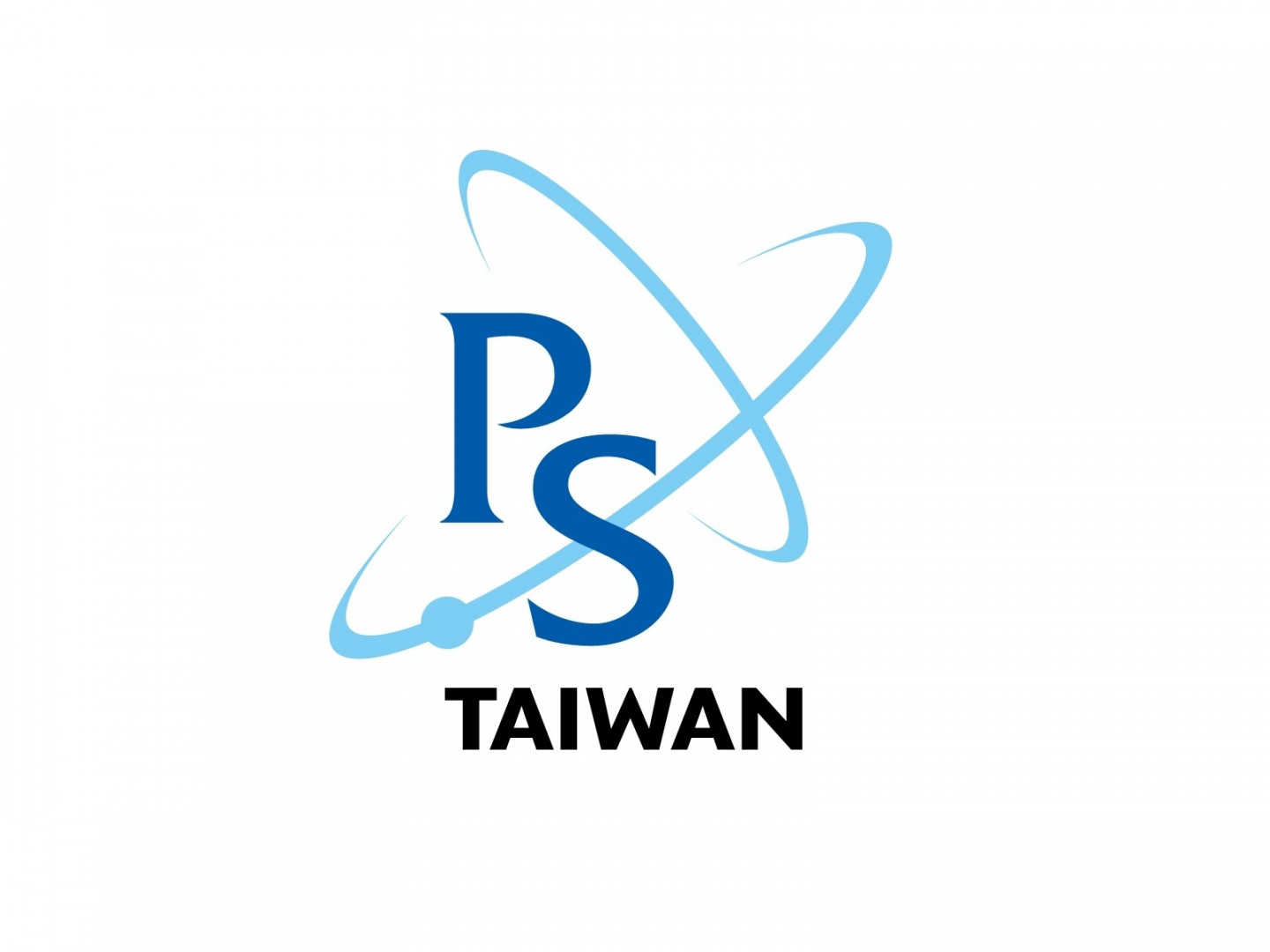
第二屆凝態物理學部執行委員名單
【2024年1月~2026年1月】 3/28/2024更新
凝態物理 / 2024-03-18
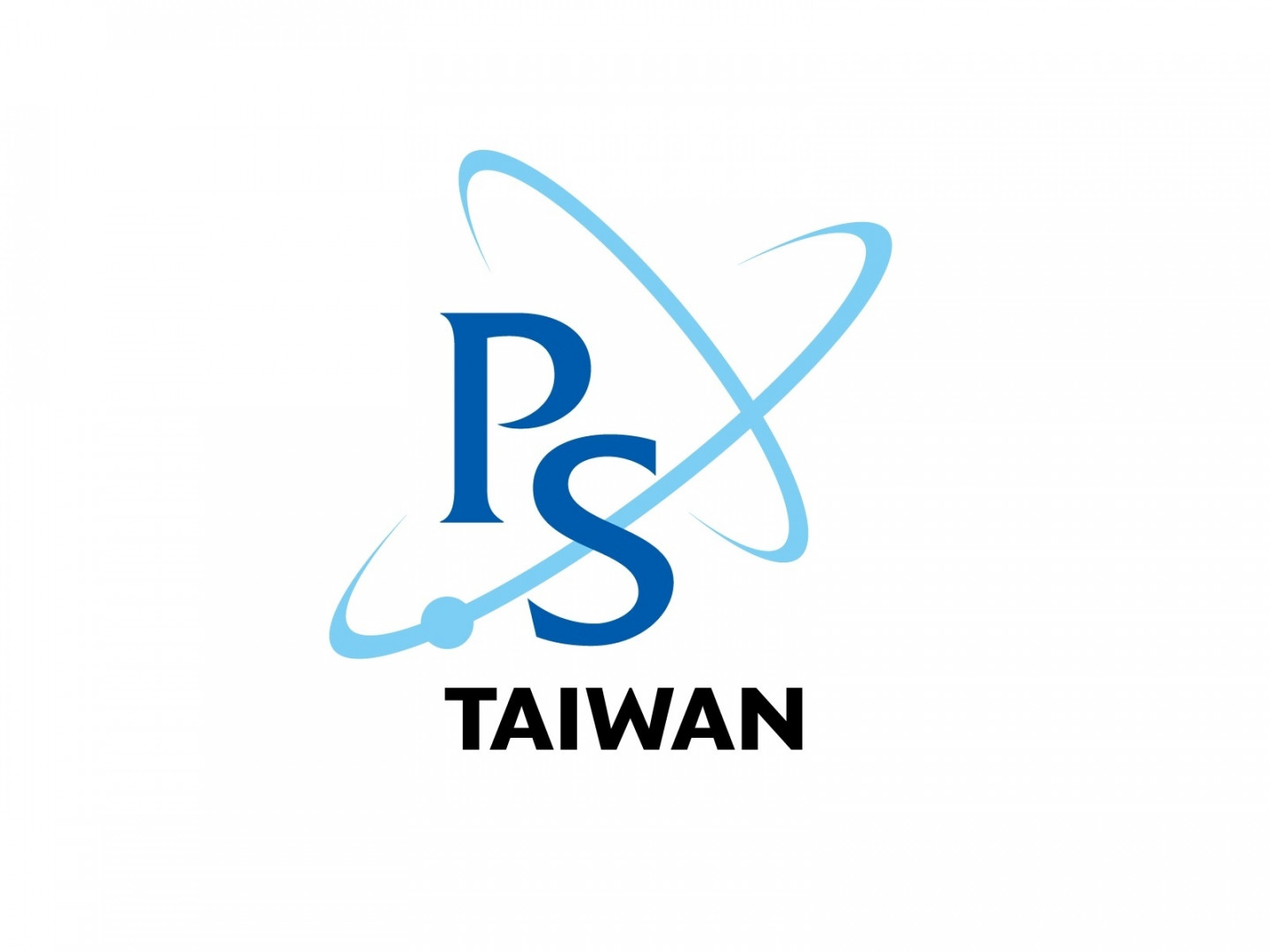
第二屆物理生物與生物物理學部執行委員名單
【2024年1月~2026年1月】
物理生物與生物物理 / 2024-03-18
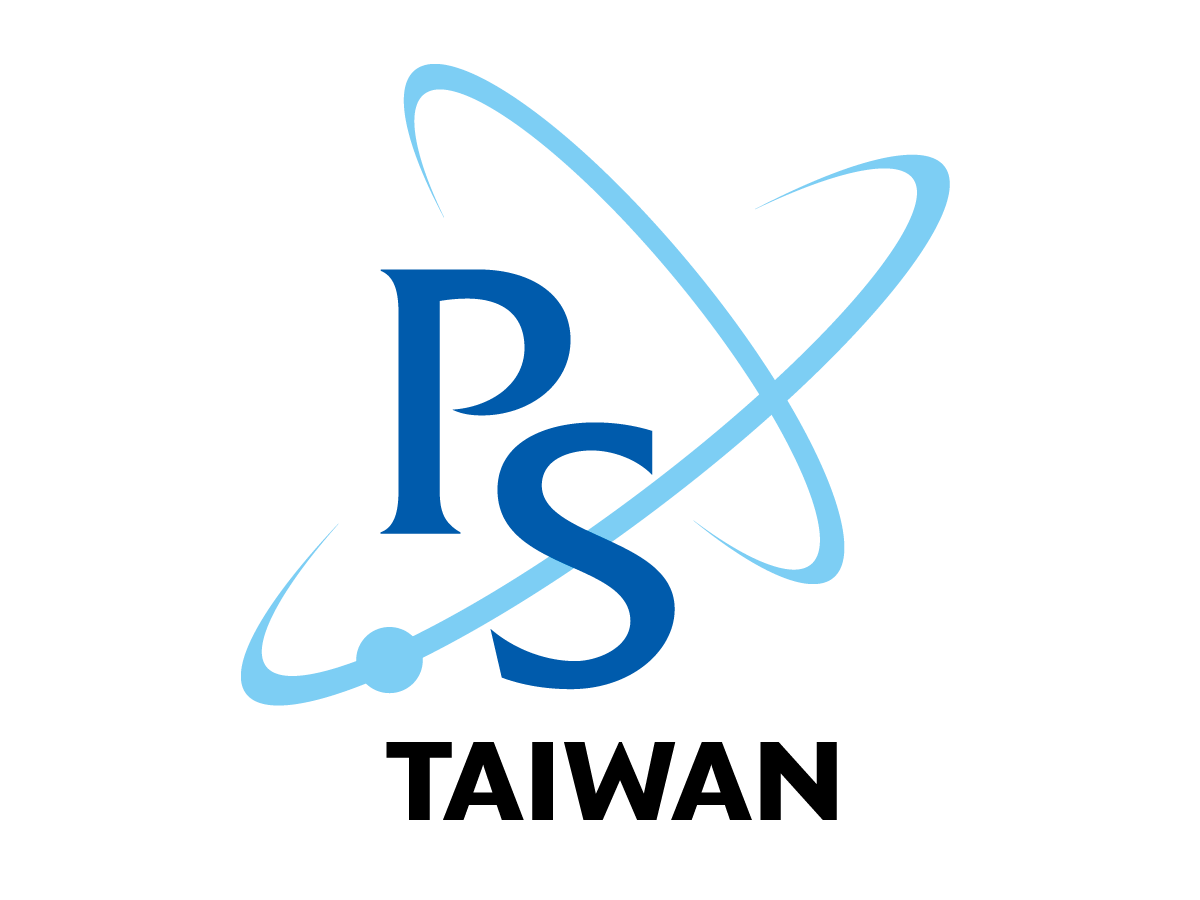
【2024 年中研院物理所暑期大學生研習計畫】
中央研究院物理研究所每年固定辦理「暑期大學生研習計畫(ASIoP Summer Student Program)」,旨在鼓勵國內大學學生在暑假期間進行物理相關領域的深入學習和研究。過去幾年透過這個研習計畫,參與的同學們獲得豐富的實踐經驗,並且增加未來學術和職涯發展的廣度。研習計畫涵蓋傳統物理、中高能物理、量子材料、奈米科學、生物物理、動態物理等跨領域研究與應用,學生可以根據自己的興趣和專業方向選擇實驗室和指導老師。有關研習計畫的詳細資訊和申請方式已在中研院物理所網站公佈,請參閱計畫網站:https://www.phys.sinica.edu.tw/~summer/ 。研習計畫申請期間為 2024 年 3 月 15 日至 4 月 16 日止。誠摯地邀請有興趣的同學們踴躍申請參加。中央研究院物理研究所 敬邀
活動資訊 / 2024-03-18
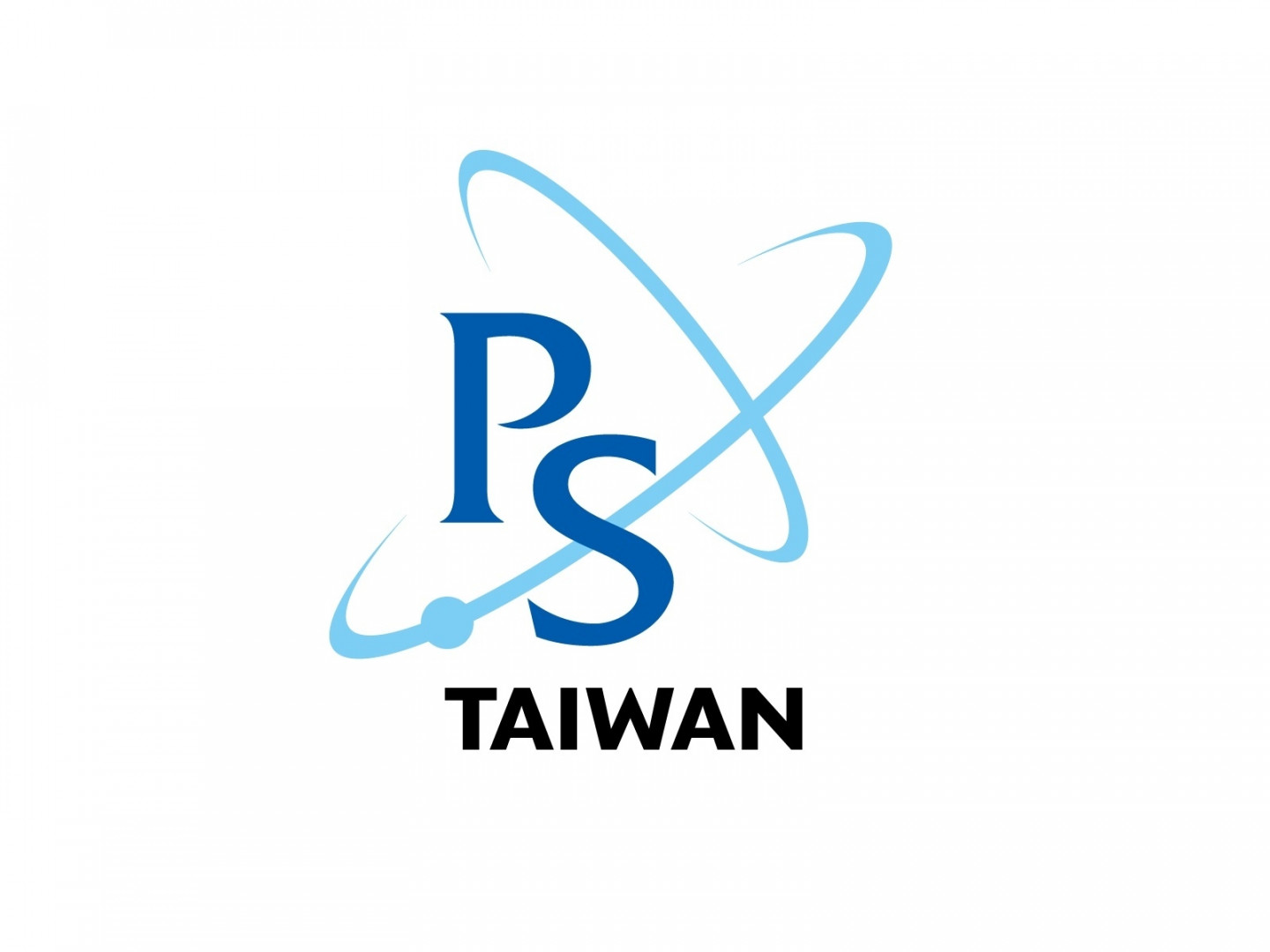
2024全國大專暨高中青年自然科學辯論競賽~已開放報名
歡迎大專及高中(職)學生組隊參加,今年首次融合2024年IYPT及IYNT題目,共開放34個主題可供競賽隊伍選擇與準備,主題函概包含物理丶化學及生物等自然領域,歡迎大家報名。
機會難得,請各校協助宣傳鼓勵學生組隊參加!!!
(一)報名日期:113年1月15日至5月15日
(二)報名網址:https://www.beclass.com/rid=284d6f365a4a93bc7f4d
(三)競賽辦法:
https://drive.google.com/file/d/1Kh Dv ... 1CWzufrM/view?usp=sharing
國科會科普計畫主持人洪偉清敬邀
機會難得,請各校協助宣傳鼓勵學生組隊參加!!!
(一)報名日期:113年1月15日至5月15日
(二)報名網址:https://www.beclass.com/rid=284d6f365a4a93bc7f4d
(三)競賽辦法:
https://drive.google.com/file/d/1Kh Dv ... 1CWzufrM/view?usp=sharing
國科會科普計畫主持人洪偉清敬邀
活動資訊 / 2024-03-18
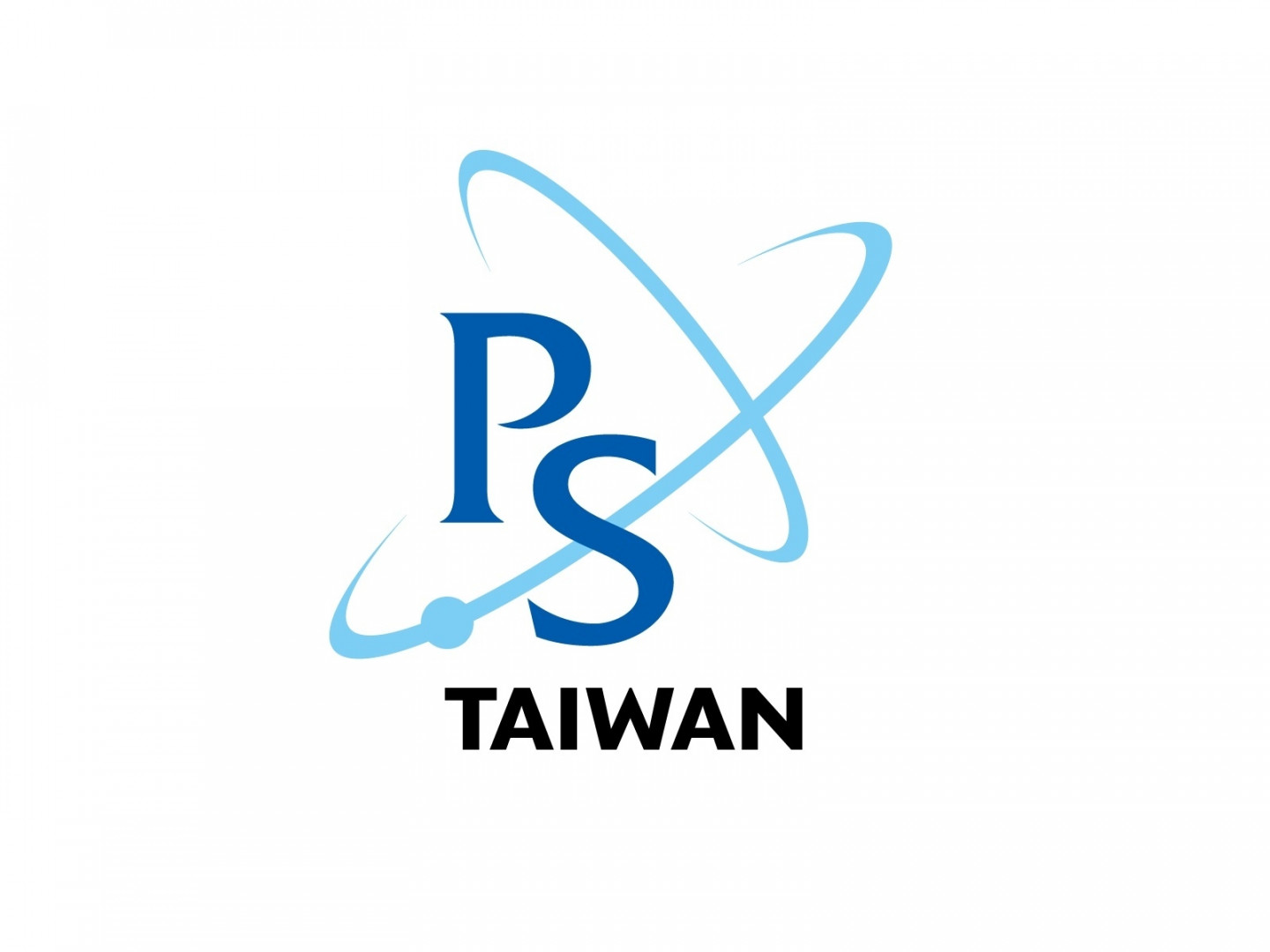
414 世界量子日於台中科博館活動開放報名囉 ~
台灣物理學會世界量子日活動將於4月14日在台中科博館舉行。誠摯邀請全國高中生來報名,限額100名,先報先贏 ~ 活動報名表單連結如下,或者請掃海報上的QR Code。 https://forms.gle/s1GUb7t7E8MATnmE7
活動資訊 / 2024-03-15

NCTS-TCA Summer Student Program 2024 理論計算天文暑期學校招生
Purpose:The Theoretical and Computational Astrophysics (TCA) Thematic Group at the National Center for Theoretical Sciences hosts its fourth undergraduate summer student program (SSP) in 2024. This program aims to provide research experiences to undergraduate students and equip them with basic theoretical and computational skills. Students will be working under the supervision of domestic astrophysicists, on a wide range of topics from cosmology to planet formation. Frontier techniques in astronomy, problem solving skills, and numerical programming will be learned during this program. Participants are required to present their results publicly at the end of the program. Further continuation of the research project after the summer program can be possible.
Program:
July 01 - 03 (NTU): The summer program will start with a 3-day workshop (TBA). Lectures on basic astrophysics and research overview will be provided. The workshop will be announced a few weeks before the beginning of the SSP. This training course is open to the general public.July 01 - August 31: During the 2-month program, participants will work full-time on their research topics with their supervisors at respective institutes. Local activities may be arranged by the supervisors.August 29-30 (NTHU): Final public oral presentation.Please go to the website for detailed information about registration as well as descriptions for the research projects.Website: https://nctstca.github.io/events/202407-tcassp/Registration deadline: March 29th
Program:
July 01 - 03 (NTU): The summer program will start with a 3-day workshop (TBA). Lectures on basic astrophysics and research overview will be provided. The workshop will be announced a few weeks before the beginning of the SSP. This training course is open to the general public.July 01 - August 31: During the 2-month program, participants will work full-time on their research topics with their supervisors at respective institutes. Local activities may be arranged by the supervisors.August 29-30 (NTHU): Final public oral presentation.Please go to the website for detailed information about registration as well as descriptions for the research projects.Website: https://nctstca.github.io/events/202407-tcassp/Registration deadline: March 29th
活動資訊 / 2024-03-11
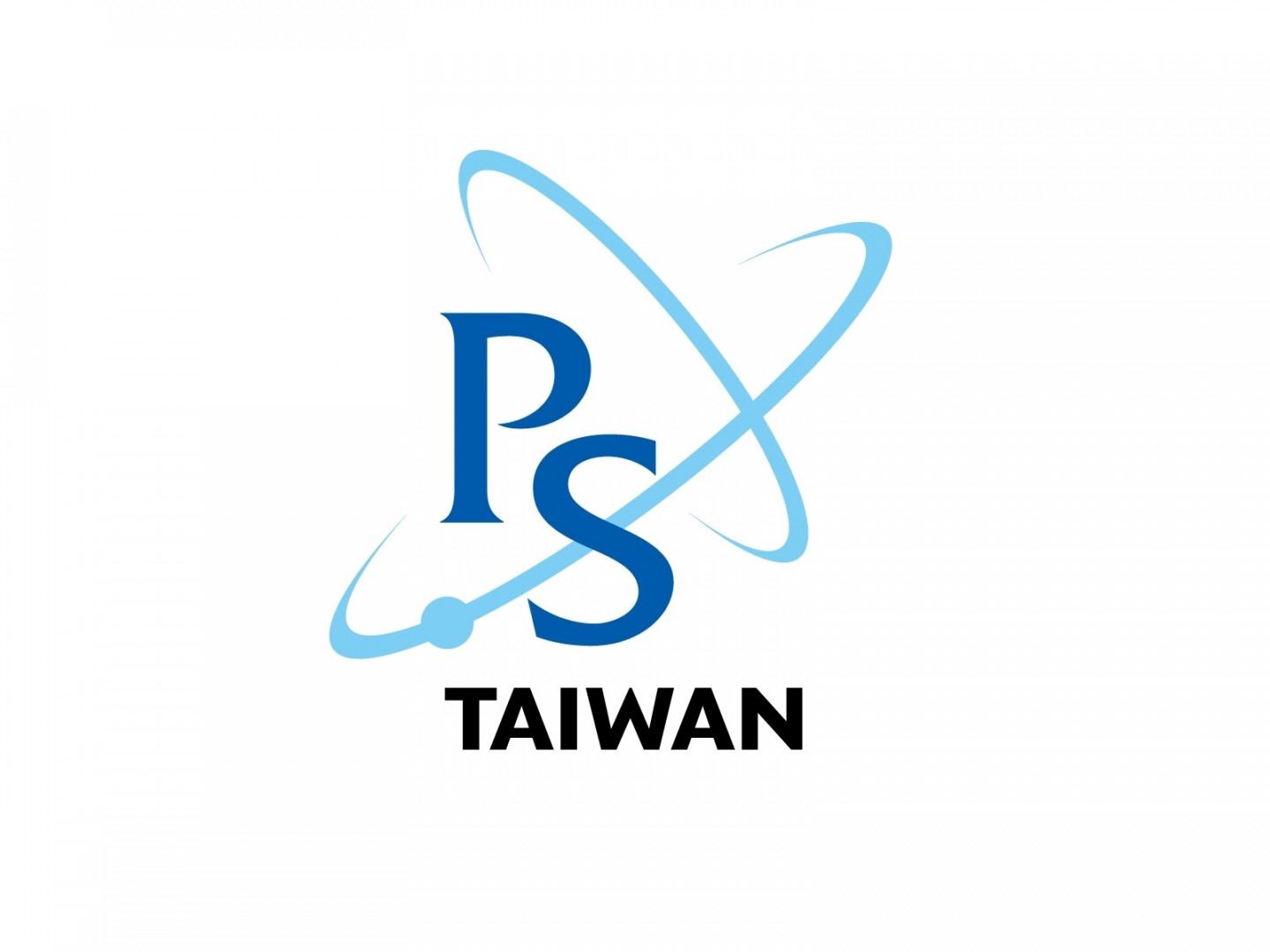
《2024年物理實作平台年會》現已開放報名!
任職於物理科學相關科系的大學教授們,請盡快「報名、登記行程、訂車票、開啟行程提醒」,以確保您的參與。這是一個免費的盛會,名額有限,絕對是大學教授們教學充電的年度重要活動。報名網址:【活動資訊】活動時間:113年5月11日(星期六)09:30~16:30 辦理地點:台中高鐵站 集思會議中心 巴本廳 參加對象:任職於大專校院物理科學相關科系的大學教授/授課內容為程式設計、數據模擬、數據分析者 報名時間:即日起至113年5月3日(星期五)12:00止 報名方式:請透過網路報名,名額為50位,額滿即止報名網址:https://www.surveycake.com/s/ay7WK?fbc ... SvC-zJGSrhgoInCSFyu1XDz8E
活動資訊 / 2024-03-07
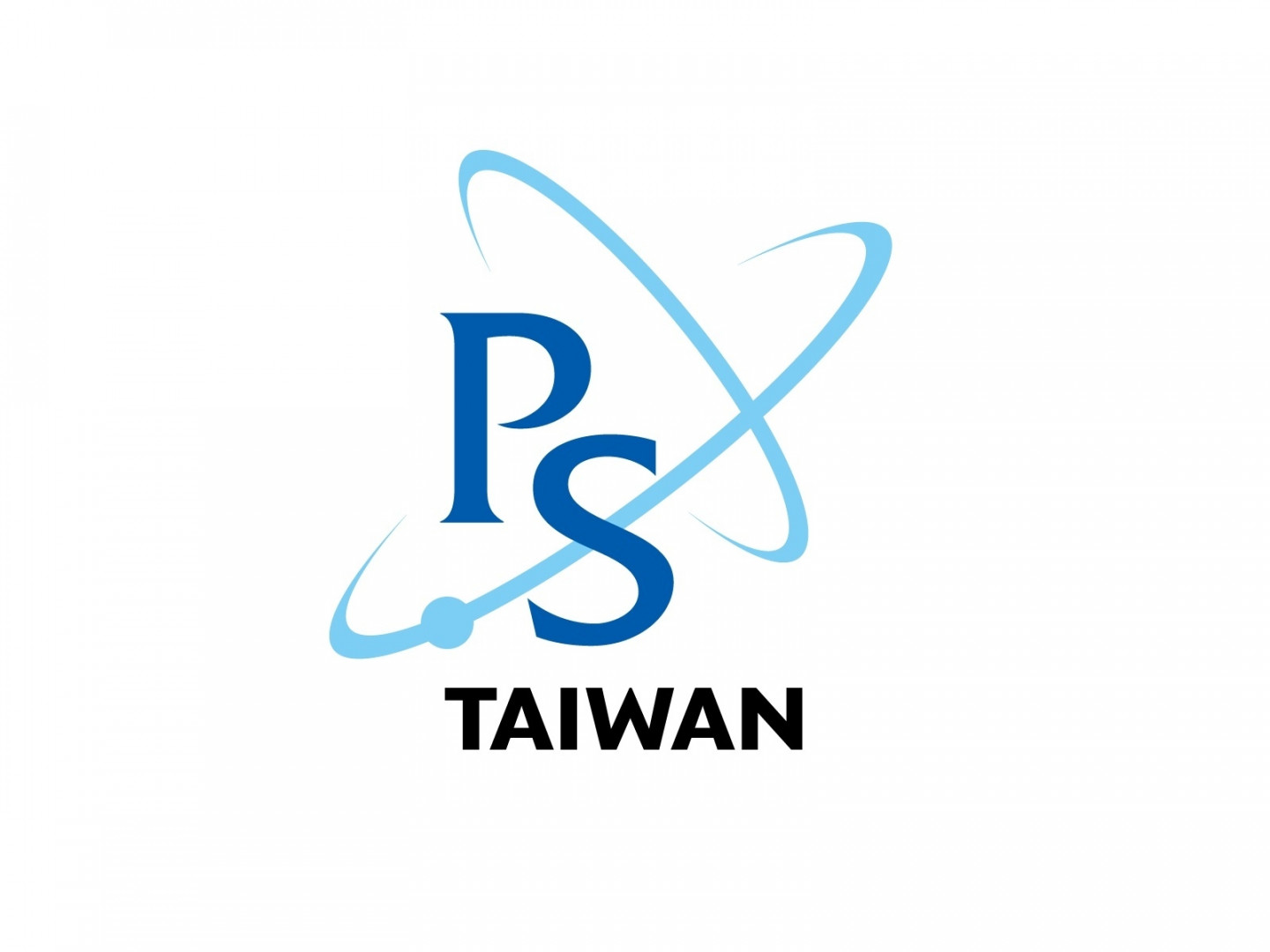
國立臺北科技大學光電工程系誠徵專案教師乙名
一、徵聘職稱及名額: 助理教授級或副教授級專案教師1名二、聘期:民國113年8月1日起聘,一年一聘。 (以1年為原則並配合學期(年),但申請進用期限在1年以內者,依申請期限辦理,請參閱本校校務基金進用短期專案教學人員實施要點)三、支薪標準:新聘專案教師依聘任等級,比照編制內該等級教師職務等級自最低。四、所需資格條件:1. 具博士學位,以物理或光電專業領域優先考量。2. 具英語授課能力,可全英文授課,如物理及物理實驗、基礎光學相關課程、光電實驗、工程數學等課程。3. 學、經歷證件影本(如持國外學歷者,其學位證書與成績單應先向駐外單位驗證)。五、工作內容:1. 普通物理、物理實驗為主,能支援光電系相關專業必、選修課程,每週上課時數15小時為原則,並能全英語授課。2. 課後輔導、補救教學,以及物理實驗教材編審、教具製作與專題製作相關業務。3. 支援系務行政工作及評鑑業務。六、檢附資料:履歷表等相關表件(請點選並下載,標題請改為「應徵專案教師」個人資料表https://per.ntut.edu.tw/var/file/25/1025/img/1173/360767024.odt;請詳填有效之聯絡電話及電子信箱)。身分證件(影本正反面)、學經歷證件影本(影本正反面)及備審資料(如持國外學歷者,其學位證書與成績單應先向駐外單位驗證)。國外學歷送審教師資格修業情形一覽表 (請至本校人事室網站下載-第8項,並一同附上移民署所核發之入出境證明)(下載連結:https://per.ntut.edu.tw/var/file/25/1025/img/1173/149330472.odt )填具「擬任人員聲明書」並簽章(下載連結:https://per.ntut.edu.tw/var/file/25/1025/img/1173/537574832.pdf)。如有教育部頒發之教師證書請附上影本。外籍人士並請檢附「警察刑事紀錄證明」(Police Criminal Record Certificate)。備註:1.申請人,合格者通知安排面試,不合格者恕不退件。2.意者請於113年3月31日(日)前,親送或掛號寄達(以郵戳為憑):將上述各項應徵資料備妥一份寄至:台北市忠孝東路三段一號光電工程系劉豫小姐收 (應徵光電系專案教師);※聯絡電話: 02-27712171分機4605,電子信箱:a17406@ntut.edu.tw。3.公告連結: https://eo.ntut.edu.tw/p/406-1069-134273,r47.php?Lang=zh-tw
徵才訊息 / 2024-02-20